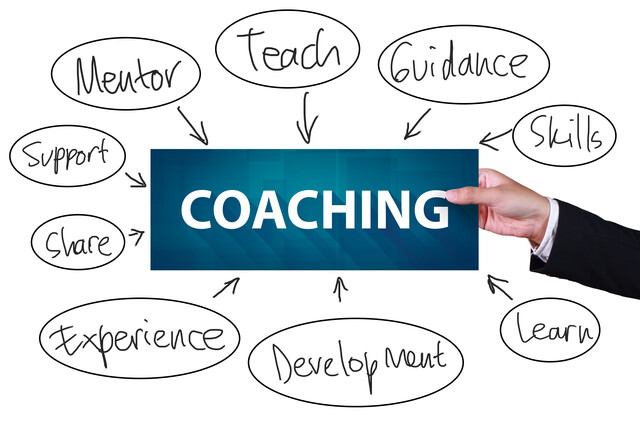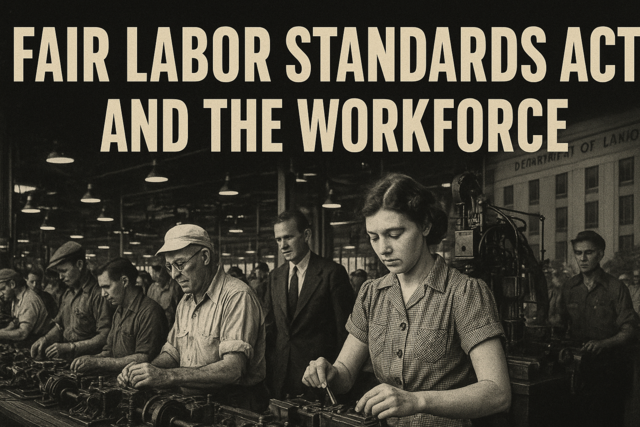Conflict
It is important to recognize that because each of us is different and has different needs at different times, conflict is natural, normal, and even healthy. Because we are each individuals, it is expected that we each have opposing views or ideas, at times, about how best to allocate a particular scarce resource at a given moment. In this way, conflict is natural and normal. It also helps clear the air of grievances, leading to a more satisfactory relationship, rendering conflict healthy. But as we all know, conflict can also be quite damaging to an individual's sense of self and to the relationship as a whole. Whether the conflict results in improving or damaging the relationship depends upon behaviors during conflict and how the conflict is managed. In a article on communicating with diplomacy and tact, this point is particularly salient.
Many people engage in problematic behaviors during conflict. This may be due to the inherent face threats of a conflict situation, but in any case, conflict can bring out the worst in many people. Psychologist John Gottman has identified four specific conflict behaviors that, when practiced with that relationship, can signal severe distress to the relationship, and perhaps even divorce of married couples � which he is able to predict with a greater than 80 percent accuracy rate, based on whether one of the parties practices these conflict behaviors. Gottman terms these behaviors the Four Horsemen of the Apocalypse, and they include criticism, contempt, defensiveness, and stonewalling.
Criticism is complaints about each other. Complaints or criticism are always bad, but when they focus on an individual's characteristics or personality, rather than on a particular behavior, they become damaging. For example, there's a big difference between, "You should pay more attention when I talk to you about my feelings," and, "You never think of anyone but yourself." Criticisms often come across as personal attacks, instead of a focus on the behavior inducing the conflict, thus often inflaming conflict situations.
Contempt is the expression of insults and attacks on another person's self-worth. Contempt includes name-calling, making fun of the other person with sarcasm, mockery, and using nonverbal behaviors, such as eye rolling, scoffing, or sneering to suggest that you hold a low opinion of the other person. Contempt also includes mocking this person in front of others and encouraging others to do the same � making them the butt of a joke that everyone then laughs act. However it is expressed, it functions to put down and degrade the other person and is a very hostile behavior, which often increases physical stress and can impair the health of those on the receiving end.
Defensiveness means perceiving everything as a personal attack. You see yourself as a victim and deny responsibility for your behaviors. Instead of actually listening to another person's concerns, taking responsibility for their own behaviors and acknowledging that they need to make some changes, defensive people whine ("It's not fair"), make excuses ("It's not my fault"), and respond to complaints with complaints ("Maybe I do watch too much TV, but you shop too much"). People tend to be particularly prone to defensive behaviors in response to criticisms that they feel have merit, but they don't want to accept responsibility for changing your behaviors.
Stonewalling is shutting down or withdrawing from the conversation or interaction. With this behavior, you stop looking at your partner, stop speaking, and stop responding to what your partner is saying. Sometimes you might even leave the room to end a conversation. In any expression, stonewalling leaves the conflict unresolved, because it is inadequately addressed.
These Four Horsemen of the Apocalypse cover the bulk of problematic behaviors during conflict. Conflict management strategies address one's approach to conflict, rather than one's behavior once involved in it. These strategies include avoiding, accommodating, compromising, competing, and collaborating. Each carries different combinations of concern for the self, and concern for the other involved in the conflict.
In avoiding, as the name suggests, the conflict is simply avoided. Avoided conflicts often become worse, but some people choose the avoidance, because they are uncomfortable engaging in conflict, or because they feel that conflict with this person at this time would be unproductive or otherwise potentially damaging. Avoiding conflict reflects a low concern for self and a low concern for the other, because neither has an opportunity to express his or her needs and perspectives and seek conflict resolution.
In accommodating, you simply give in. Sometimes it is appropriate to choose this conflict management style when you wish to keep the peace, or when the conflict involves someone in a greater position of power, such as a supervisor. Accommodating reflects a high concern for other, but a low concern for self, because your own needs are not being expressed and cannot be met.
In a compromising conflict management approach, both parties seek to lose a little to meet the other person partway. This actually reflects a medium concern for self and a medium concern for other, because neither is actually getting what he or she wants.
In competing, you try to win your way at all costs. There is certainly a time and place for this, but not always. Competing reflects a low concern for the other and a high concern for self, because you simply want your way and are entirely unconcerned with the other person's needs or wants.
Finally, in collaborating, both parties seek a win-win situation. This conflict management style tends to take more time and require more creativity as a previously unconsidered option is sought. This conflict management style reflects a high concern for 'self' and a high concern for 'other' because efforts are made to ensure that both parties are fully satisfied.
It is important to recognize that each conflict situation is different, and therefore each may call for a different type of conflict management strategy. No one is always wrong or always right; rather, different situations � and different conflict partners � may call for different strategies.
Emotional Intelligence*
In this section, we offer a brief presentation of emotional categories, followed by an explanation of emotional intelligence. Essentially, there are three categories of emotions. These include joyful/affectionate, sad/anxious, and hostile. Joyful/affectionate emotions include happiness, love, passion, and liking. Sad/anxious emotions are sadness, depression, grief, fear, and social anxiety. Hostile emotions are anger, contempt, disgust, jealousy, and envy.
The idea of emotional intelligence involves three essential phases. In the first phase, you stop to assess whether the emotional arousal is positive or negative. How are you feeling at the moment? Are you feeling good or are you feeling bad? In step two, you identify and label the emotion, and decide upon its most appropriate expression. This is very easy with joyful/affectionate emotions, but becomes much more challenging with hostile emotions, and sometimes even with sad/anxious emotions. Step three involves an assessment of your emotional expression. Questions here include, "Was this the best way to handle this emotion at this time and with this person?"
Conflict and emotional intelligence
Because conflict is intrinsically face-threatening and often inflames situations and escalates emotions, considerations of emotional intelligence bear particular relevance in a discussion about conflict, especially within the context of a study on communicating with diplomacy and tact. It is very common that a conflict situation will arouse some sort of hostile emotions within you. In practicing emotional intelligence, it is necessary to take a step back and assess what emotion you are experiencing at the moment, then consciously evaluate and determine the best course of action for expressing the emotion. Sometimes that means taking a moment and returning in a calmer state, while other times it might mean taking a deep breath and responding with patience and dignity to what you have perceived as a personal attack. It certainly does not mean slamming the door and storming off. In practicing the third step of emotional intelligence, reassessing your behavior, you can learn to behave more appropriately in conflict situations as a matter of course, which will, at least in theory, improve your ability to communicate with diplomacy and tact.































